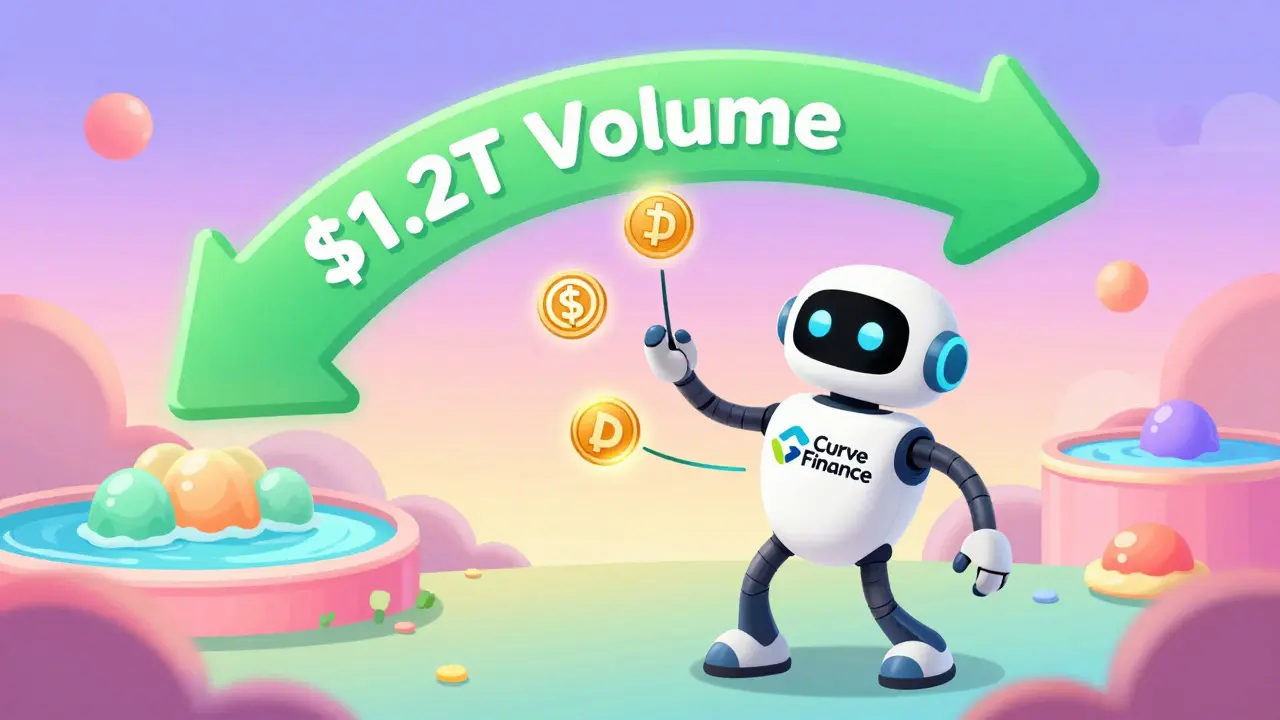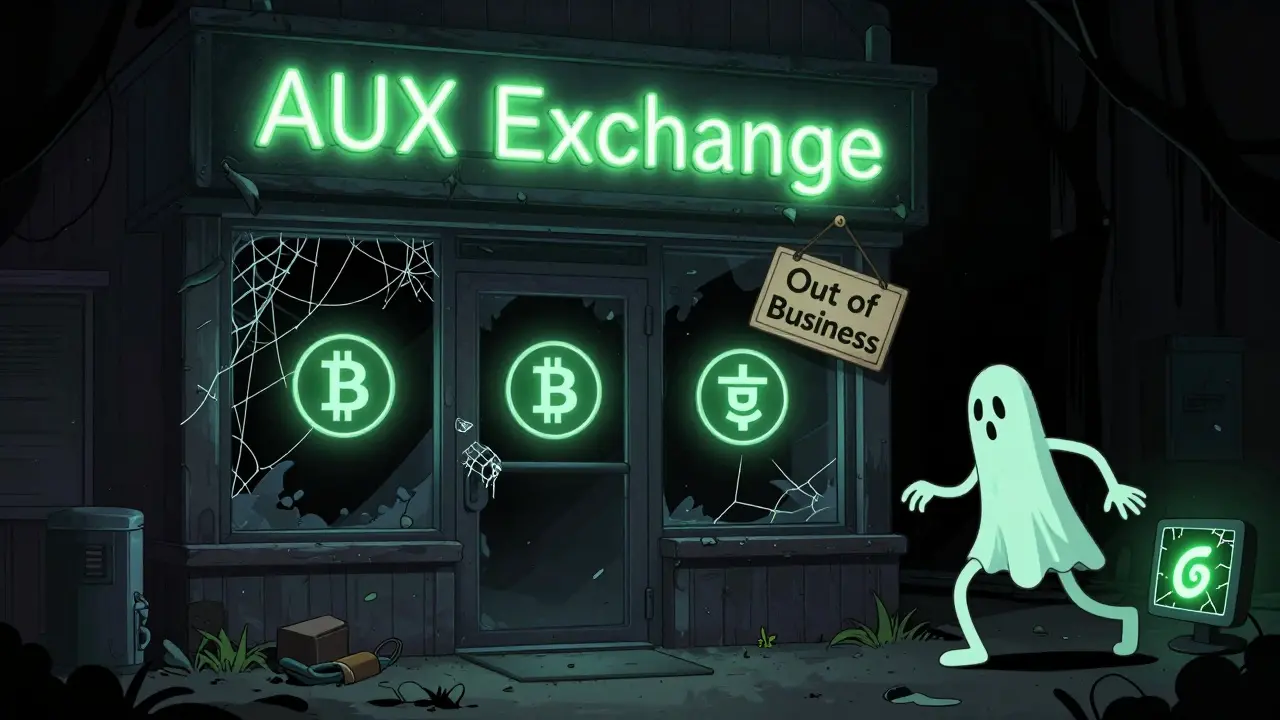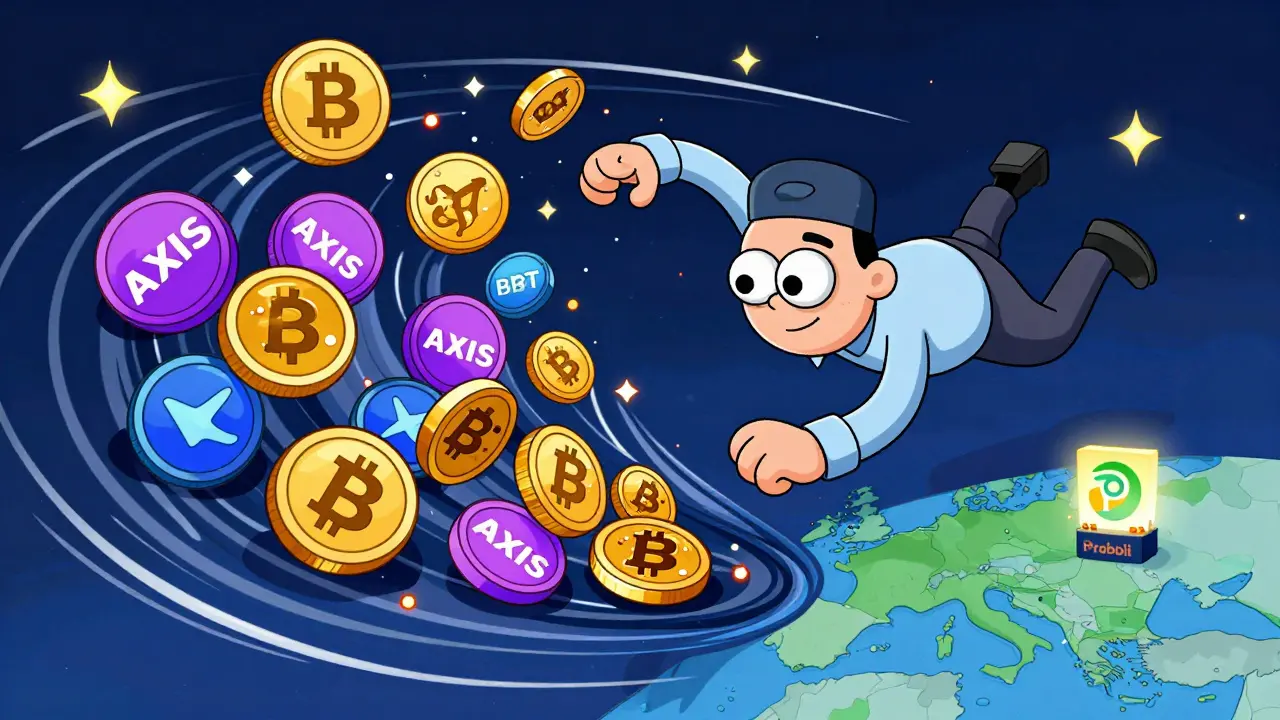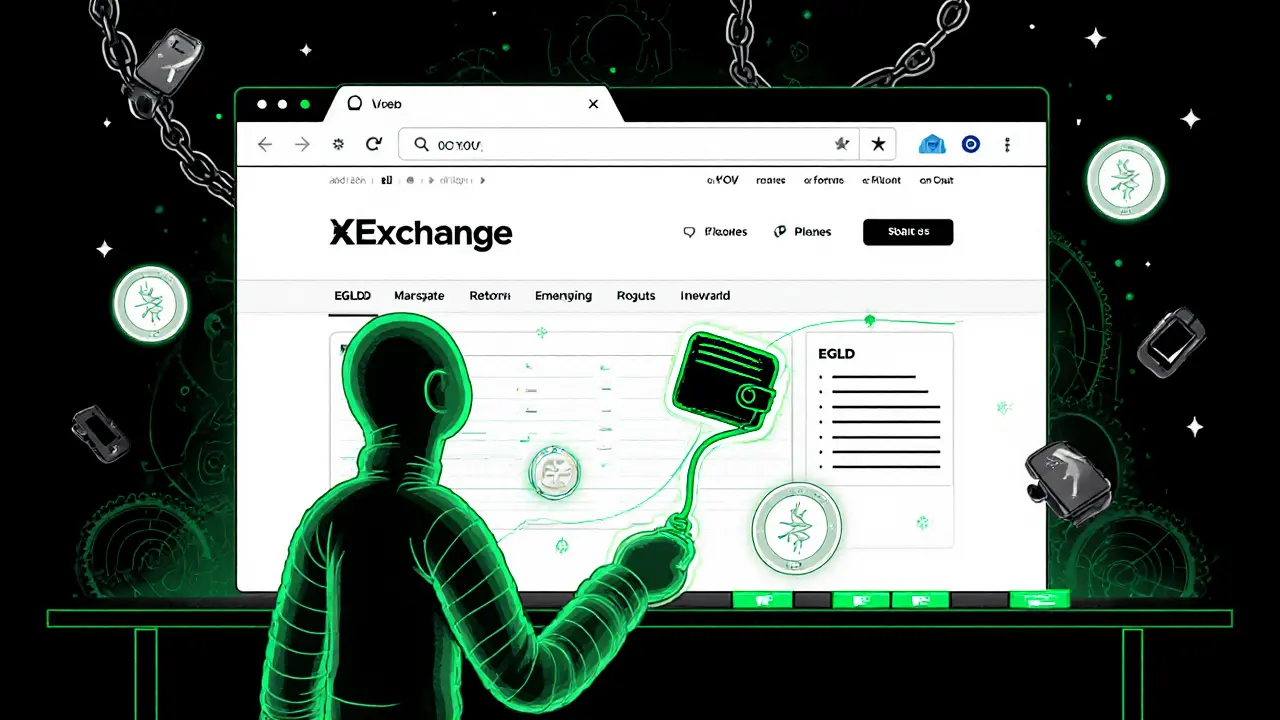Crypto Exchange: What They Are, How They Work, and Which Ones Actually Matter
When you hear crypto exchange, a digital platform where people buy, sell, and trade cryptocurrencies like Bitcoin and Ethereum. Also known as a cryptocurrency exchange, it's the bridge between your money and the blockchain. Without it, you can’t turn dollars into Bitcoin or swap Solana for Cardano. But not all crypto exchanges are built the same. Some are trustworthy, well-run platforms with real security. Others are ghost sites built to steal your funds the second you deposit.
A crypto trading, the act of buying and selling digital assets on an exchange isn’t just about clicking buy and sell. It’s about understanding fees, liquidity, withdrawal limits, and whether the platform actually holds your coins or just pretends to. Many exchanges claim to be secure, but if they don’t use cold storage or offer two-factor authentication, you’re risking everything on a digital gamble. And then there’s KYC — the process where exchanges ask for your ID. Some require it to stay legal. Others avoid it to attract privacy-focused users, but that often means less protection if things go wrong.
Security is the biggest gap between good and bad exchanges. A real crypto platform, a service that enables users to trade cryptocurrencies with features like wallets, order books, and customer support should let you withdraw your coins to your own wallet anytime. If they lock your funds or make withdrawals slow and complicated, that’s a red flag. You should also check if they’ve ever been hacked — and how they responded. Some platforms pay back users after a breach. Others disappear. And don’t be fooled by flashy ads or influencer endorsements. The most popular exchange isn’t always the safest one.
What you find below isn’t a list of top exchanges. It’s a collection of real reviews, warnings, and breakdowns of platforms people actually use — or should avoid. You’ll see how Nimera works as a hybrid DEX and broker, why P2B is a hotspot for new token traders, and why DueDEX might be too risky even with 100x leverage. You’ll also find out why Ibitt doesn’t exist and why some exchanges are outright scams. These aren’t opinions. They’re facts pulled from user reports, transaction data, and platform behavior over time.
Whether you’re new to crypto or have been trading for years, the right exchange can make all the difference. The wrong one? It can wipe out your portfolio overnight. Below, you’ll find the truth about platforms that claim to help you — and the ones that are just waiting for you to click "Deposit".
Curve Finance is the leading decentralized exchange for stablecoin trading, offering low slippage, multi-chain support, and high yield opportunities. This review breaks down how it works, who it's for, and why it beats other DEXs for stablecoin swaps.
AUX Exchange is a high-risk, low-functionality crypto platform with only 3 trading pairs, no security, no fiat support, and zero user activity. Avoid it entirely-there are far safer, better alternatives.
Kyo Finance V3 is a niche DEX on Soneium built for Astar Network users. It simplifies ve-tokenomics but has disputed volume, limited tokens, and unverified rewards. Not for beginners or mainstream traders.
ProBit Global is a no-KYC crypto exchange with 500+ altcoins and zero security breaches. Ideal for traders seeking emerging tokens not listed on Binance or Coinbase. No margin trading, but strong bot support and multilingual service.
Apex Protocol is a high-performance decentralized exchange for perpetual futures with low fees, fast execution, and self-custody. Learn its pros, cons, and whether it's right for your trading strategy in 2025.
xExchange is a privacy-focused decentralized exchange built on MultiversX, offering fast, low-fee swaps with no KYC. Ideal for experienced DeFi users seeking full asset control, but lacks mobile access and fiat support.





